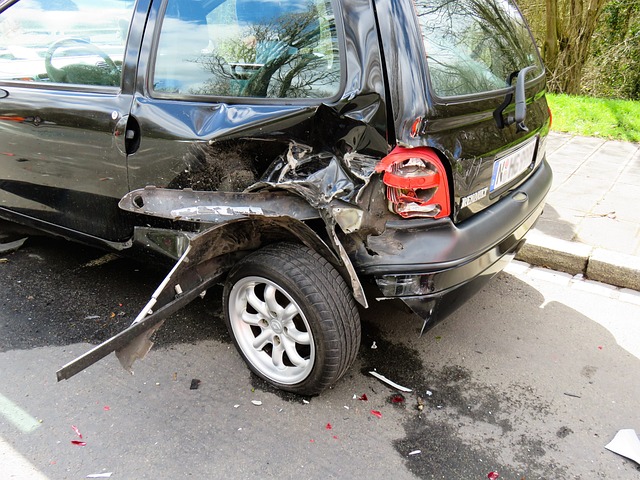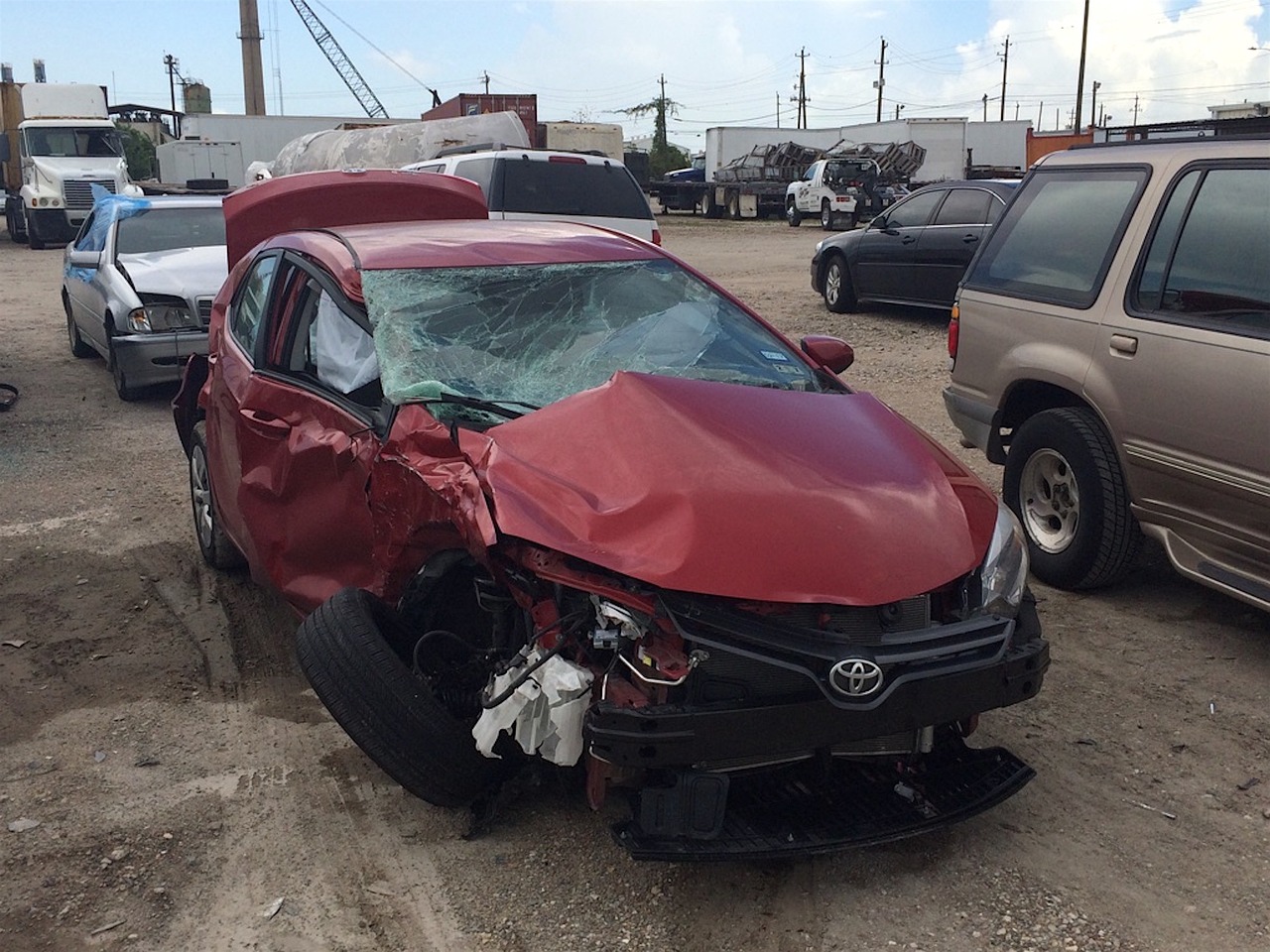Car accidents are a stressful and often overwhelming experience. From dealing with injuries and vehicle damage to filing insurance claims, navigating this aftermath can be confusing. Unfortunately, many misconceptions about car accident claims can complicate matters even further. In this comprehensive article, we will debunk the top five myths about car accident claim assistance to provide clarity and empower you with accurate information.
Myth 1: You Don’t Need to Report Minor Accidents
The Myth: If the accident is minor and there’s little to no visible damage, it’s unnecessary to report it to your insurance company.
The Reality: Failing to report an accident, no matter how minor, can lead to significant problems down the line. Even seemingly minor accidents can have hidden damages or injuries that manifest later. Most insurance policies require prompt reporting of all accidents, and failure to comply could result in claim denial.
Why This Myth Persists:
Many drivers fear that reporting a minor accident will cause their insurance premiums to skyrocket. While it’s true that reporting an accident may affect your rates, the long-term consequences of not reporting can be far worse. If the other party involved decides to file a claim or seeks medical treatment later, you could be held financially liable without the protection of your insurance.
Key Takeaways:
- Always document the accident with photos and exchange information, even if it seems minor.
- Report the incident promptly to your insurance company to protect yourself from future liabilities.
Myth 2: The Insurance Company Will Handle Everything for You
The Myth: After reporting an accident, your insurance company will manage every aspect of your claim, so there’s no need to get involved.
The Reality: While insurance companies play a crucial role in processing claims, they are not your personal advocates. Their primary goal is to minimize payouts, which means you need to actively participate in the process to ensure your rights are protected.
Why This Myth Persists:
Insurance advertisements often emphasize their efficiency and dedication to customer service, leading many people to believe they can leave everything to the company.
How to Protect Yourself:
- Understand your policy: Know what is covered and any exclusions or limitations.
- Communicate effectively: Keep a detailed record of all interactions with the insurance company, including names, dates, and topics discussed.
- Seek legal advice if needed: For complex cases, especially those involving injuries or disputes, consulting an attorney can help protect your interests.
Myth 3: You’re Guaranteed Full Compensation If You’re Not at Fault
The Myth: If the other driver is entirely at fault, their insurance will cover all damages, and you’ll receive full compensation.
The Reality: Even if you’re not at fault, receiving full compensation is not always straightforward. Factors such as the at-fault driver’s insurance limits, state laws on comparative negligence, and the willingness of the insurance company to cooperate can affect the outcome.
Why This Myth Persists:
The idea of fault-based claims is often oversimplified in media and public discussions, creating unrealistic expectations.
Challenges You May Face:
- Insurance limits: If the at-fault driver has minimal coverage, it may not fully cover your damages.
- Shared fault claims: In some states, you may be assigned partial fault, reducing your compensation.
- Delays and disputes: Insurance companies may dispute the extent of damages or liability.
Proactive Steps:
- Explore underinsured motorist coverage through your policy for added protection.
- Gather substantial evidence, such as police reports and witness statements, to strengthen your case.

Myth 4: Hiring an Attorney Is Unnecessary and Too Expensive
The Myth: Attorneys are only needed for major lawsuits, and their fees outweigh the benefits in standard car accident claims.
The Reality: An experienced attorney can be invaluable, especially in cases involving injuries, disputes over liability, or low settlement offers. Many personal injury attorneys work on a contingency fee basis, meaning they only get paid if you win your case.
Why This Myth Persists:
The perception of attorneys as prohibitively expensive and the belief that most claims are simple to handle discourage many people from seeking legal assistance.
When You Should Consider an Attorney:
- Injury claims: If you’ve sustained significant injuries requiring long-term care or rehabilitation.
- Lowball offers: When the insurance company offers a settlement far below what your claim is worth.
- Complex cases: Disputes involving multiple parties or unclear liability.
Benefits of Legal Representation:
- Maximizing compensation: Attorneys understand how to calculate the full value of your claim, including medical expenses, lost wages, and non-economic damages like pain and suffering.
- Reducing stress: They handle negotiations and legal processes on your behalf.
Myth 5: You Can Wait as Long as You Want to File a Claim
The Myth: There’s no rush to file a claim after an accident; you can take your time once you’re ready.
The Reality: Strict deadlines, known as statutes of limitations, govern how long you have to file a claim. These deadlines vary by state and the type of claim (e.g., property damage vs. personal injury). Delaying your claim could jeopardize your ability to recover compensation.
Why This Myth Persists:
Lack of awareness about legal deadlines and the mistaken belief that insurance claims have indefinite timelines contribute to this misconception.
What You Should Know:
- Immediate reporting is crucial: Notify your insurance company as soon as possible, even if you’re unsure about filing a formal claim.
- Understand state laws: Research the statute of limitations in your state or consult an attorney for guidance.
Conclusion: Debunking Myths for Better Outcomes
Misconceptions about car accident claims can lead to costly mistakes, unnecessary stress, and reduced compensation. By understanding the realities behind these myths, you can navigate the claims process more effectively and protect your interests.
Key Takeaways:
- Always report accidents, even minor ones.
- Take an active role in your claim rather than relying solely on your insurance company.
- Manage your expectations about compensation, especially in fault-based claims.
- Don’t hesitate to seek legal advice when necessary.
- File claims promptly to avoid missing critical deadlines.
Empowered with this knowledge, you’ll be better prepared to handle the aftermath of a car accident and secure the assistance and compensation you deserve.
Secure Your Recovery After a Car Accident in Phoenix, AZ with Phoenix Injury Attorneys
At Phoenix Injury Attorneys, we understand the overwhelming stress that a car accident can bring to your life. Our experienced and compassionate legal team, based in Arizona, is dedicated to providing not only skilled legal representation but also genuine care and empathy. Specializing in car accident claim assistance in Phoenix and the surrounding areas, we recognize that navigating the aftermath of an accident involves more than just legal proceedings—it’s about helping you recover and regain stability. By choosing us, you’re not just hiring legal experts; you’re gaining a team of advocates deeply committed to your well-being and financial recovery.
Led by Khalil Chuck Saigh, our collaborative approach ensures that every client benefits from our collective expertise, making us a strong force in pursuing your rights and fair compensation. We are committed to providing personalized attention and tirelessly working to achieve the best possible outcomes for our clients in Phoenix and throughout Arizona. Trust Phoenix Injury Attorneys to handle your car accident claim with the utmost care and professionalism, so you can focus on healing and moving forward with confidence. Reach out to us today to learn more about how we can assist you through this challenging time.
Disclaimer
The materials available on this website are for informational and entertainment purposes only and not to provide legal advice. You should contact your attorney to obtain advice concerning any particular issue or problem. You should not act or refrain from acting based on any content included in this site without seeking legal or other professional advice. The information presented on this website may not reflect the most current plumbing developments. No action should be taken in reliance on the information contained on this website and we disclaim all liability concerning actions taken or not taken based on any or all of the contents of this site to the fullest extent permitted by law.


